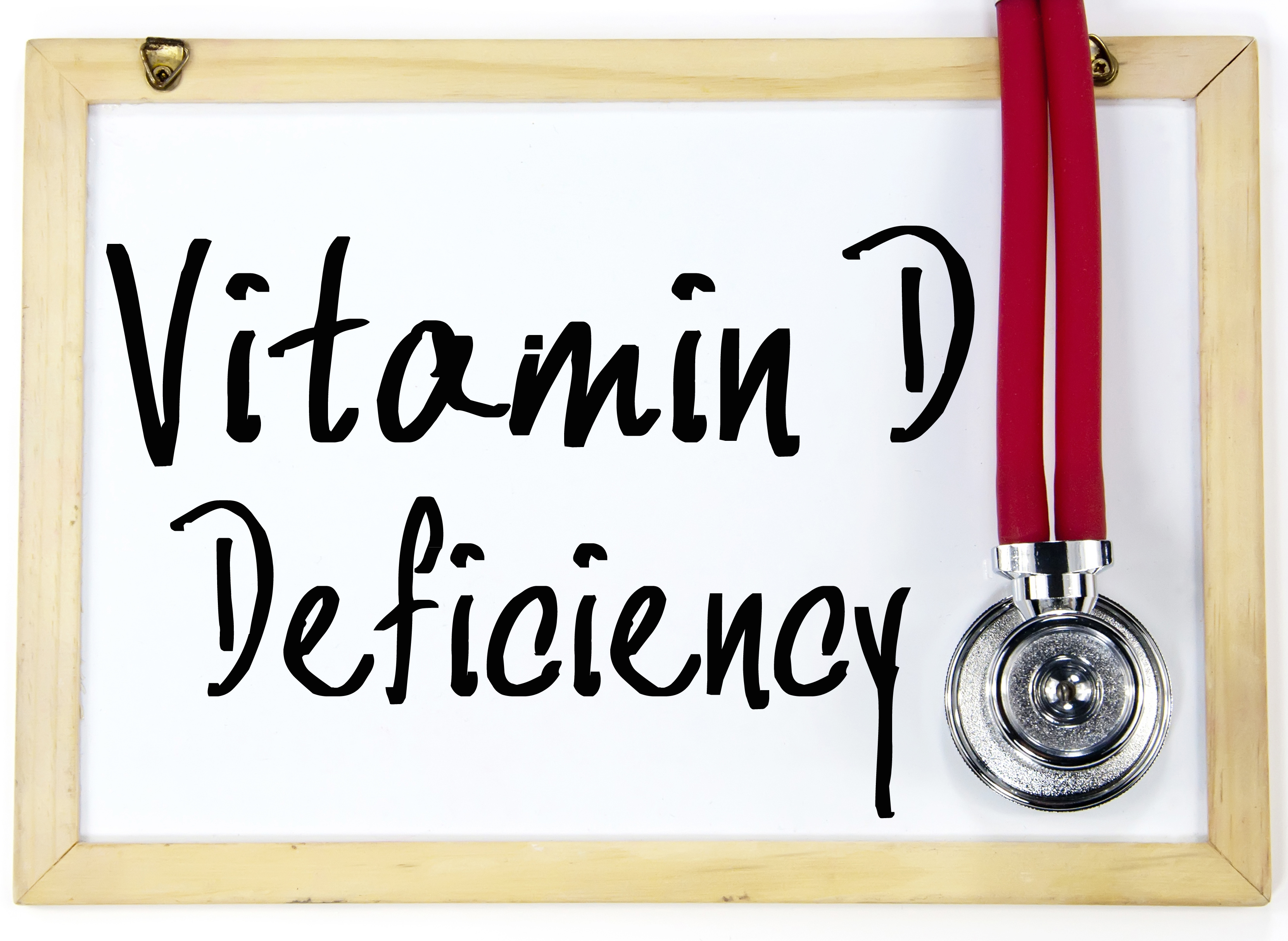Systemic Sclerosis Disease Activity Seen to Correlate with Vitamin D Deficiency
Written by |

A two-year study found that 80 percent of systemic sclerosis (SSc) patients had deficient levels of vitamin D when compared to healthy controls, and worse disease symptoms. The results were presented at the 2015 American College of Rheumatology Annual Meeting. The abstract, titled “Relationship Between Vitamin D Levels and Disease Activity in Patients with Systemic Sclerosis,” is available at the meeting’s website.
Low levels of vitamin D have been increasingly observed in several diseases, such as pulmonary fibrosis and a range of autoimmune disorders, including multiple sclerosis. The observation has also been established in SSc, although the significance and importance of vitamin D in this disease has not yet been fully assessed.
Researchers evaluated the difference in vitamin D levels between SSc patients and healthy controls, and established a correlation between those levels and disease activity, severity, and other clinical features.
The team analyzed 58 SSc patients and 58 matched controls. The mean value of vitamin D was 19.9 ng/mL in the SSc group, and 29.6 ng/mL in the control group. A total of 29 patients (50%) in the SSc group had vitamin D deficiency, 20 (34.5%) had insufficiency, and 9 (15.5%) presented normal vitamin levels. Among healthy participants, 6 (10.3%) had vitamin D deficiency, 27 (46.6%) insufficiency, and 25 (43.1%) presented normal levels. [Vitamin D levels of 20–29.9 ng/mL were classified as insufficiency; concentrations lower than 20 ng/mL as deficiency.]
More specifically, of the patients with diffuse SSc (22 patients, 38%), marked by widespread involvement of the skin, 17 (77%) presented deficiency, 4 (18%) insufficiency, and 1 (5%) a normal vitamin D level. Of the 36 patients (62%) with limited disease, 12 (33%) had deficiency, 16 (44%) insufficiency, and 8 (23%) normal levels.
Patients with suboptimal levels of vitamin D had higher disease activity parameters, as measured by the Rodnan Score, S-HAQ, Medsger Score, and EUSTAR Disease Activity Score. Steroid treatment did not affect vitamin D levels, when compared to patients who had not taken prednisone or its equivalent.
Researchers concluded, “Hypovitaminosis D was found in more than 80% of SSc patients with a significant difference compared to healthy controls. They presented more frequently the diffuse form, higher cutaneous involvement, more severe and active disease and higher levels of disability.”





